Shaesta Waiz, President and Founder of Dreams Soar, says diversity thinking must go deeper than bringing in numbers today and ensure a throughput of talent. Interview by Graham Newton.

Airspace Article

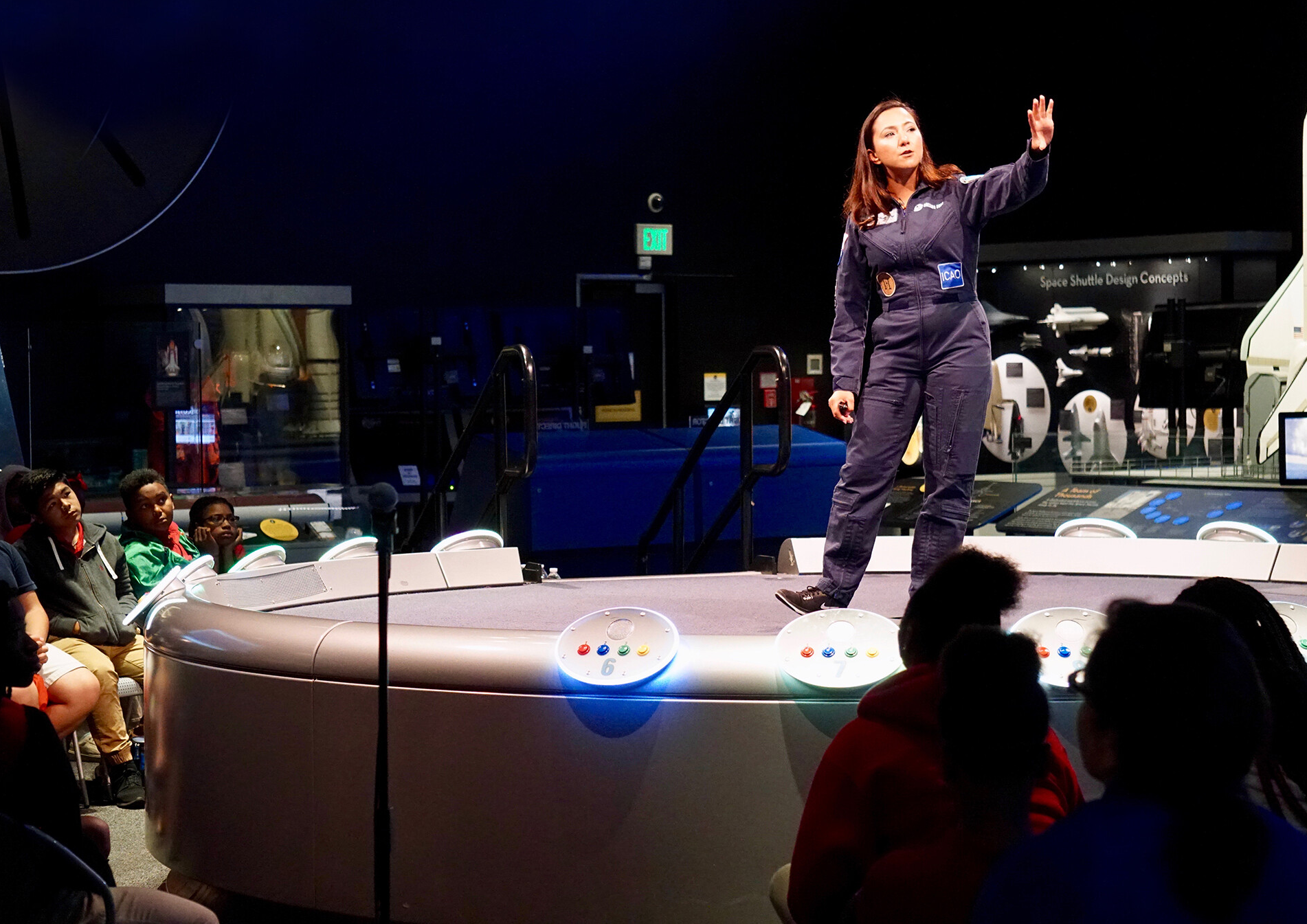
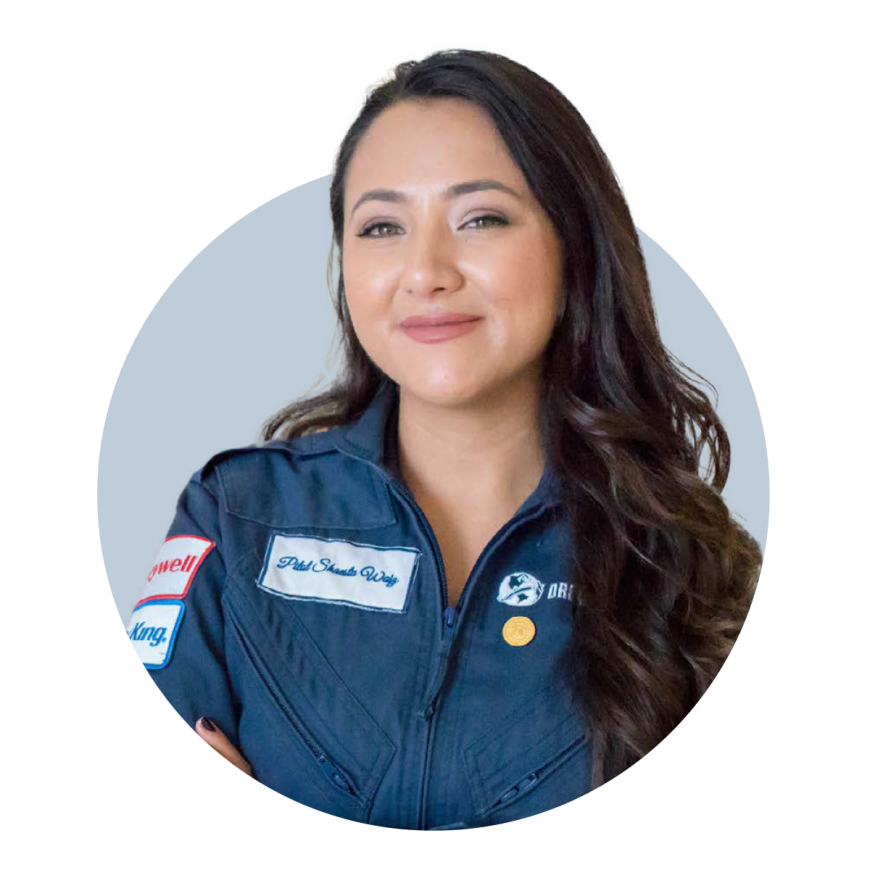
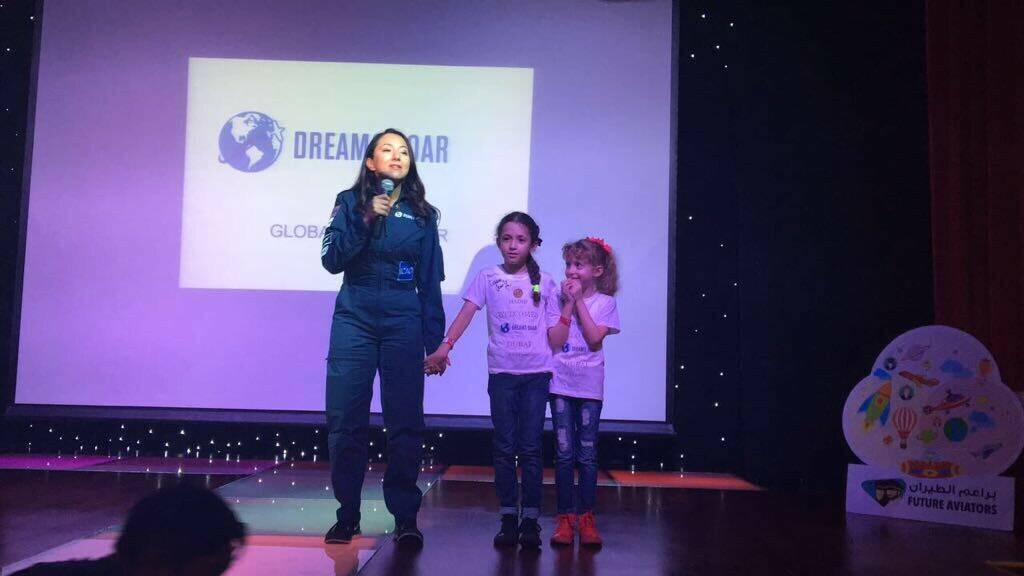
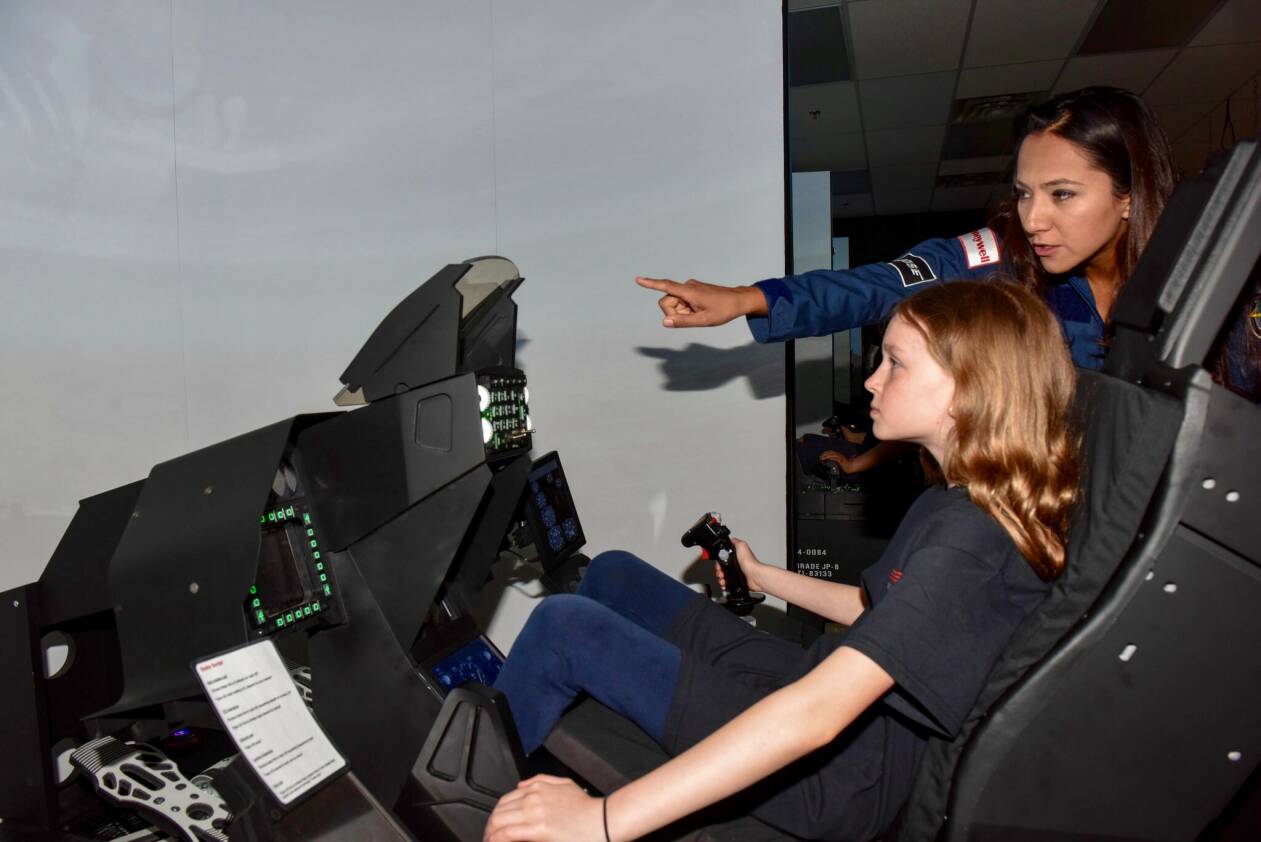

Shaesta Waiz was born in a refugee camp in Afghanistan and travelled to America in 1987. Aviation captured her imagination and Waiz became the first certified civilian female pilot from Afghanistan and the first person in her family to earn a bachelor’s and master’s degree – both from Embry-Riddle Aeronautical University.
Waiz started the Women’s Ambassador Programme at Embry-Riddle, an initiative that seeks to mentor and support young women pursuing an education in aviation and engineering, and ultimately this led to the establishment of Dreams Soar. Waiz’s aim is to share her story with women around the world, to let them know it is possible to achieve their dreams, regardless of the challenges and traditions they may face.
To further her efforts, in 2017 Waiz undertook a solo flight around the world in a single-engine aircraft. The flight took in 30 stops in 22 countries on five continents and clocked up almost 25,000 nautical miles. In total, there were 32 outreach events inspiring over 3,000 young girls and boys to reach for the stars through STEM (science, technology, engineering and mathematics) studies. Each stop was strategically selected based on the need for STEM outreach.
Waiz recalls flying into Egypt; “We thought it might be difficult as we had to clear customs in Cairo, fly to be refuelled elsewhere and then exit via Cairo. We were flying from Greece and the first Egyptian air traffic controller I spoke to was a woman. Then I got transferred to approach and it was another woman and then so was the tower. I was cleared for centre runway, holding up commercial flights, and I was met by a member of the government with several women to make me feel comfortable. It was one of the most remarkable moments of my flight.”
The Shaesta Waiz story
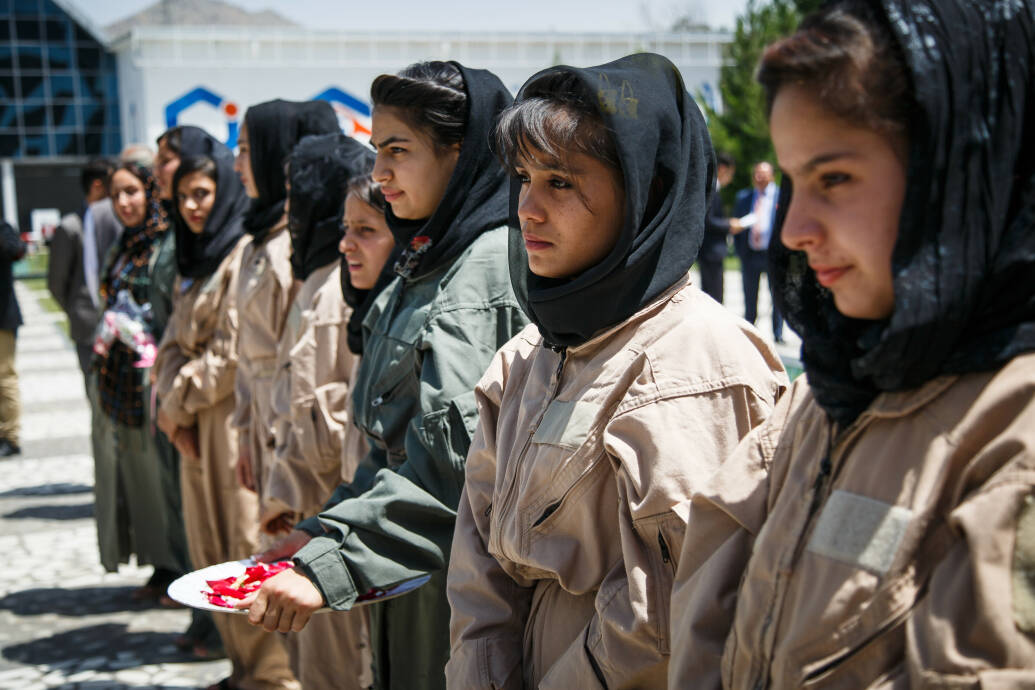
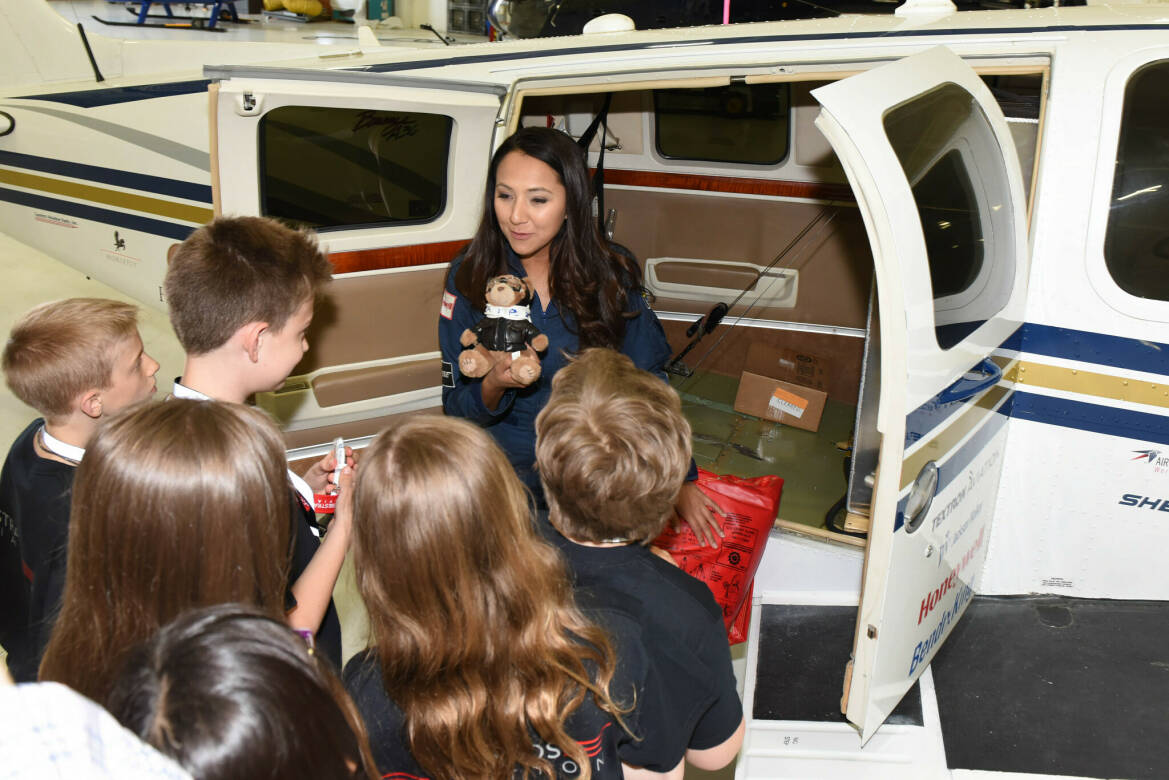

Airspace Article
Diversity has become a key theme of aviation’s future as the industry strives to utilise the skills of a broader spectrum of people.
Traditionally, the key elements of air travel – such as pilots, engineers, air traffic controllers – have been male dominated. These positions often lead to the boardroom and so there has been a dearth of female leaders too.
Times and attitudes are fortunately changing but more work remains to be done to bring the industry anywhere close to a gender balance.
Equally important are role models. Working on the maxim that “you can’t be what you can’t see”, having female examples to follow can be vital. Waiz – an Afghan by birth – understands this through the contrast with her own journey.
“I wrote to the Afghan Government and asked for details of female pilots that I could talk to,” she remembers. “But I was told there wasn’t a female pilot. If I pursued that career, I would be acknowledged as the first the country had produced.”
Waiz used the information as her inspiration and went on to be not only the first certified civilian female pilot from Afghanistan but also the youngest woman to fly solo around the world in a single-engine aircraft.
Nevertheless, Waiz believes her struggles must be used to ease the path for future generations. Sharing her stories, skills and aeronautical knowledge encourages young girls to explore the careers aviation has to offer.
Role models are understood throughout the world. Waiz has found girls in Indonesia are just as curious about aviation as girls in the US or Europe. Rwanda is renowned for producing a line of strong female leaders and India also has an enviable track record for producing female aviation talent, especially in technical fields. The United Arab Emirates and Saudi Arabia are embracing women pilots, which has been sending a positive message around the world.
“Role models ease the way,” says Waiz. “They show what is possible, but they are also there to support future generations.”
Indeed, a safe and nurturing environment is crucial to diversity’s success, says Waiz. “We need women to show up to work as themselves and give their views and share their skills and knowledge,” she adds. “The more women there are in the workplace, the greater the camaraderie and the easier it is for young talent to learn and shine.”
There are facts of life that cannot be overlooked. Motherhood and maternity leave are obvious examples. Even with the right national regulations and company policies, this is a complicated area. Female pilots or air traffic controllers might need to be relicensed, for example, which takes time and money. Given the scarcity of people for these roles as aviation grows, this could be fundamental to operational efficiency for an airline or air navigation service provider.
Waiz has a regular podcast AVIATE to discuss these and other concerns. The aim is to raise awareness and create a dialogue that would otherwise be missing.
“Aviation is so special,” concludes Waiz. “Gender makes no difference. An aircraft responds to skills and knowledge, not gender. There is no reason why women can’t be great pilots or great air traffic controllers.
“This is a connected world and inspiration doesn’t recognise man-made borders and boundaries. But the inspiration to get involved in aviation is just the start. The real need is guidance about that next step and that is where Dreams Soar comes in.”
Role models
Embracing diversity is much more than making up the numbers according to Shaesta Waiz, President and Founder of Dreams Soar. “It’s good to have goals and I support such initiatives as the International Air Transport Association’s 25by2025,” she says. “But we need to think deeper and ensure truly equal opportunities. And then we need to ensure that there is a clear and signposted pathway for all talent to exploit those opportunities.”
Dreams Soar aims to be nothing less than a one-stop-shop for inspiring the next generation, regardless of gender, race or religion. It hopes to help the younger generation discover the vast potential of aviation and provide guidelines to securing a career of choice.
“That will naturally start to boost female participation,” says Waiz. “Diversity will only be achieved if we have enough women showing interest in, and studying to be part of, the industry’s future.”
Dreams Soar places emphasis on STEM (science, technology, engineering and mathematics) subjects. Although aviation can be linked to just about any field of study, from finance to marketing, the STEM subjects are the basis of the key elements mentioned above. Pilots, engineers, and air traffic controllers all rely on ability in one or more of the STEM subjects and so motivating young girls to study these subjects is a precursor to continued diversity.
Talent pipeline
“Diversity will only be achieved if we have enough women showing interest in, and studying to be part of, the industry’s future.”
Shaesta Waiz
President and Founder of Dreams Soar


Shaesta Waiz, President and Founder of Dreams Soar, says diversity thinking must go deeper than bringing in numbers today and ensure a throughput of talent. Interview by Graham Newton.
Read full article

Airspace Article

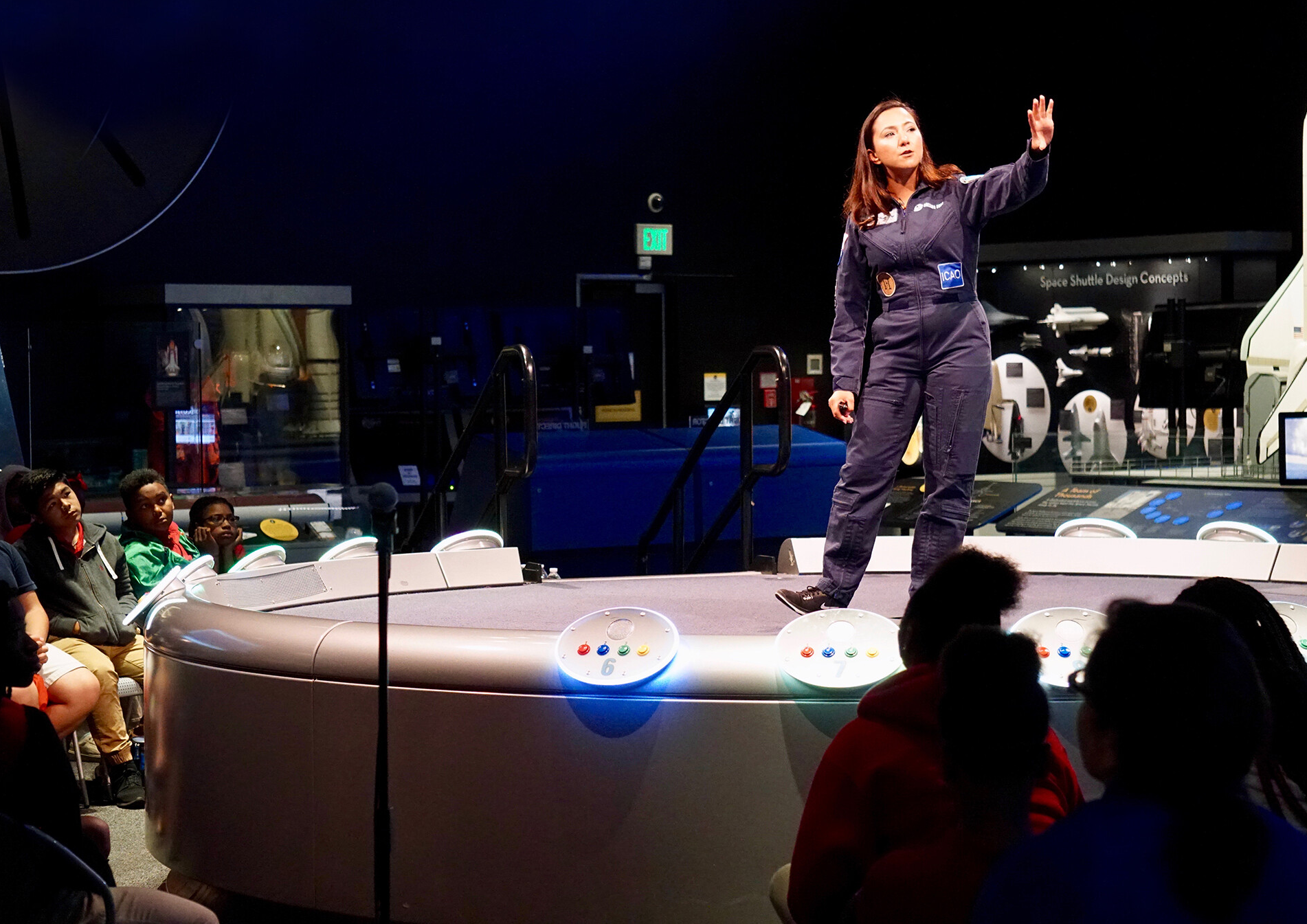
Equally important are role models. Working on the maxim that “you can’t be what you can’t see”, having female examples to follow can be vital. Waiz – an Afghan by birth – understands this through the contrast with her own journey.
“I wrote to the Afghan Government and asked for details of female pilots that I could talk to,” she remembers. “But I was told there wasn’t a female pilot. If I pursued that career, I would be acknowledged as the first the country had produced.”
Waiz used the information as her inspiration and went on to be not only the first certified civilian female pilot from Afghanistan but also the youngest woman to fly solo around the world in a single-engine aircraft.
Nevertheless, Waiz believes her struggles must be used to ease the path for future generations. Sharing her stories, skills and aeronautical knowledge encourages young girls to explore the careers aviation has to offer.
Role models are understood throughout the world. Waiz has found girls in Indonesia are just as curious about aviation as girls in the US or Europe. Rwanda is renowned for producing a line of strong female leaders and India also has an enviable track record for producing female aviation talent, especially in technical fields. The United Arab Emirates and Saudi Arabia are embracing women pilots, which has been sending a positive message around the world.
“Role models ease the way,” says Waiz. “They show what is possible, but they are also there to support future generations.”
Indeed, a safe and nurturing environment is crucial to diversity’s success, says Waiz. “We need women to show up to work as themselves and give their views and share their skills and knowledge,” she adds. “The more women there are in the workplace, the greater the camaraderie and the easier it is for young talent to learn and shine.”
There are facts of life that cannot be overlooked. Motherhood and maternity leave are obvious examples. Even with the right national regulations and company policies, this is a complicated area. Female pilots or air traffic controllers might need to be relicensed, for example, which takes time and money. Given the scarcity of people for these roles as aviation grows, this could be fundamental to operational efficiency for an airline or air navigation service provider.
Waiz has a regular podcast AVIATE to discuss these and other concerns. The aim is to raise awareness and create a dialogue that would otherwise be missing.
“Aviation is so special,” concludes Waiz. “Gender makes no difference. An aircraft responds to skills and knowledge, not gender. There is no reason why women can’t be great pilots or great air traffic controllers.
“This is a connected world and inspiration doesn’t recognise man-made borders and boundaries. But the inspiration to get involved in aviation is just the start. The real need is guidance about that next step and that is where Dreams Soar comes in.”
Role models
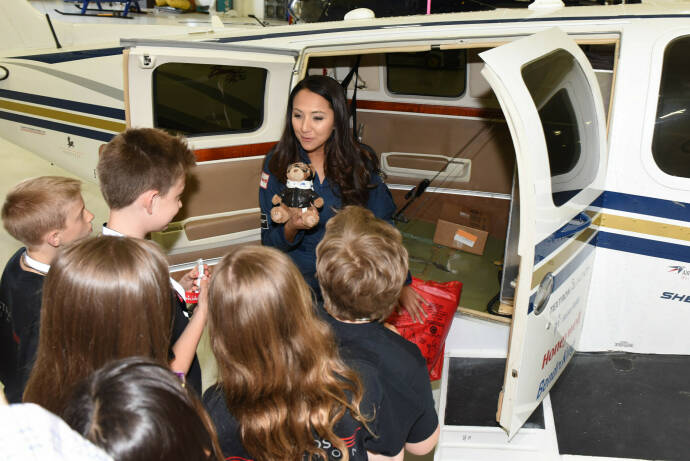
The ADDA curriculum has won awards for its rigor and depth. For the core curriculum, in just 11 weeks students complete the equivalent of a one-semester university course in the US.
The academy offers young people the chance to certify as AUVSI TOP level 1 and 2 operators and helps them gain their remote pilot licenses (RPL), including flight operations, radio telephony, and regulation.
At ADDA Malawi, students build three different drones during the in-person course and also learn how to analyse the drone acquired imagery to support precision agriculture, flood preparedness, disaster response and much more. These qualifications enable young people to access employment paths that were usually reserved for expatriates from the northern hemisphere.
Diversity has become a key theme of aviation’s future as the industry strives to utilise the skills of a broader spectrum of people.
Traditionally, the key elements of air travel – such as pilots, engineers, air traffic controllers – have been male dominated. These positions often lead to the boardroom and so there has been a dearth of female leaders too.
Times and attitudes are fortunately changing but more work remains to be done to bring the industry anywhere close to a gender balance.
Embracing diversity is much more than making up the numbers according to Shaesta Waiz, President and Founder of Dreams Soar. “It’s good to have goals and I support such initiatives as the International Air Transport Association’s 25by2025,” she says. “But we need to think deeper and ensure truly equal opportunities. And then we need to ensure that there is a clear and signposted pathway for all talent to exploit those opportunities.”
Dreams Soar aims to be nothing less than a one-stop-shop for inspiring the next generation, regardless of gender, race or religion. It hopes to help the younger generation discover the vast potential of aviation and provide guidelines to securing a career of choice.
“That will naturally start to boost female participation,” says Waiz. “Diversity will only be achieved if we have enough women showing interest in, and studying to be part of, the industry’s future.”
Dreams Soar places emphasis on STEM (science, technology, engineering and mathematics) subjects. Although aviation can be linked to just about any field of study, from finance to marketing, the STEM subjects are the basis of the key elements mentioned above. Pilots, engineers, and air traffic controllers all rely on ability in one or more of the STEM subjects and so motivating young girls to study these subjects is a precursor to continued diversity.
Talent pipeline

Airspace Article
